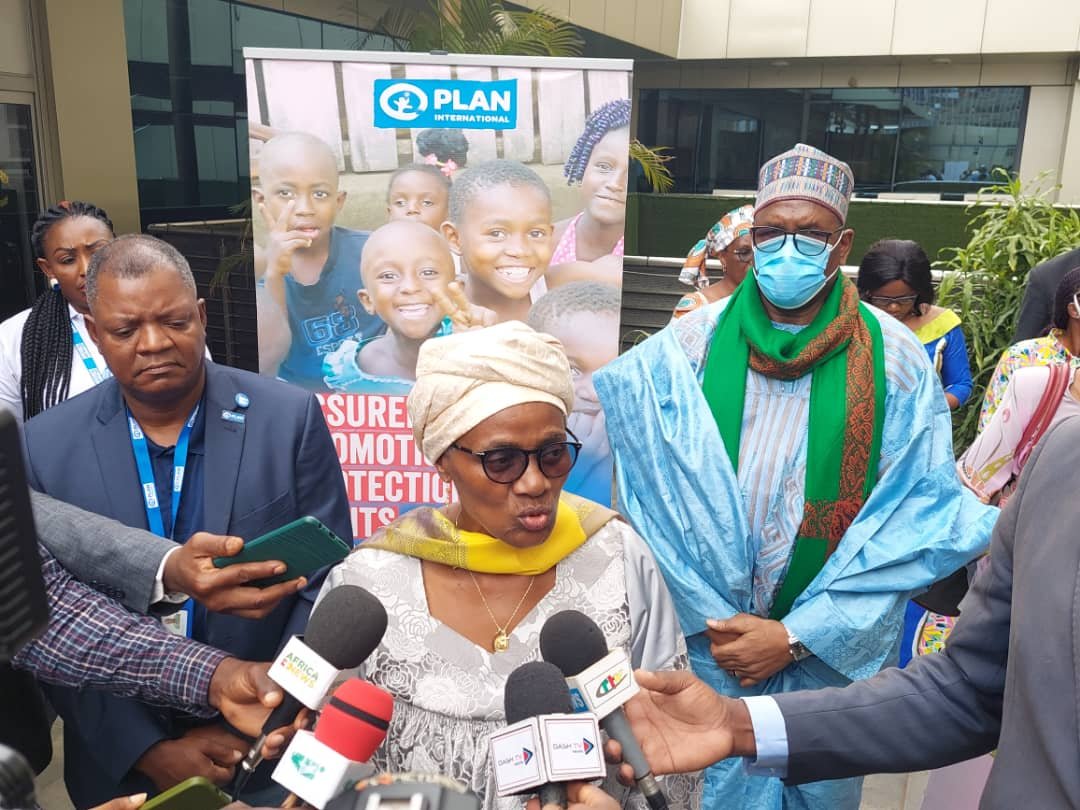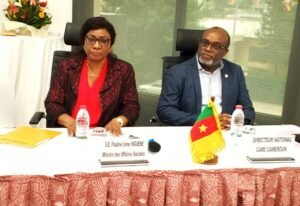The city of Yaounde played host on November 22, 2022, to a press lunch aimed at raising awareness on the optional protocols relating to the convention on the rights of the child ratified by Cameroon.
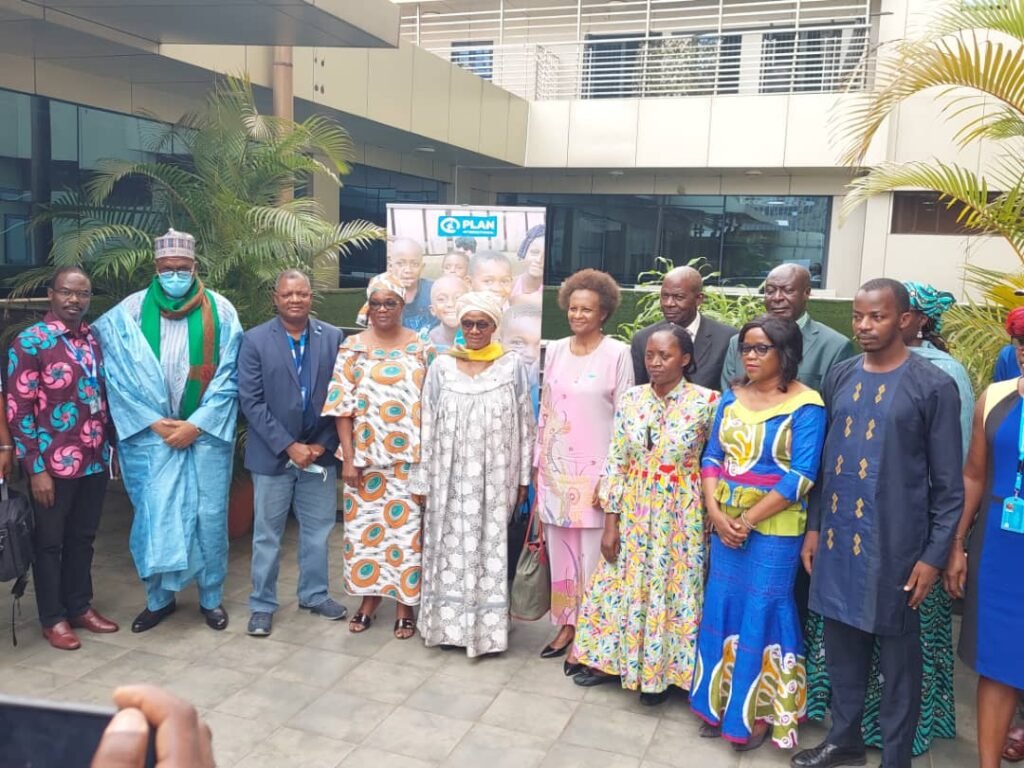
Close to 20 participants from the media, international organizations, civil society organizations, and the government gathered in Yaounde, Cameroon’s nation capital on Tuesday, November 22, 2022, in line with the 33rd anniversary of the United Nations Convention on the Rights of the Child, placed under the theme: “For an equal and inclusive world”.
According to the United Nations, the celebration that takes place every year on November 20 recalls the crucial role of children in our societies, and the need to protect and promote their rights.
Cameroon signed on October 27, 1990, and ratified on January 11, 1993, the Convention on the Rights of the Child. This convention made up of some important protocols was reviewed by the different participants at the press lunch.
As indicated by the Country Director of Plan International, this ratification marks the willingness and commitment of authorities to create a favourable and conducive environment for the full development of every child. Cameroon, despite this strong willingness, faces security, economic and cultural challenges that hamper the implementation of children’s rights.
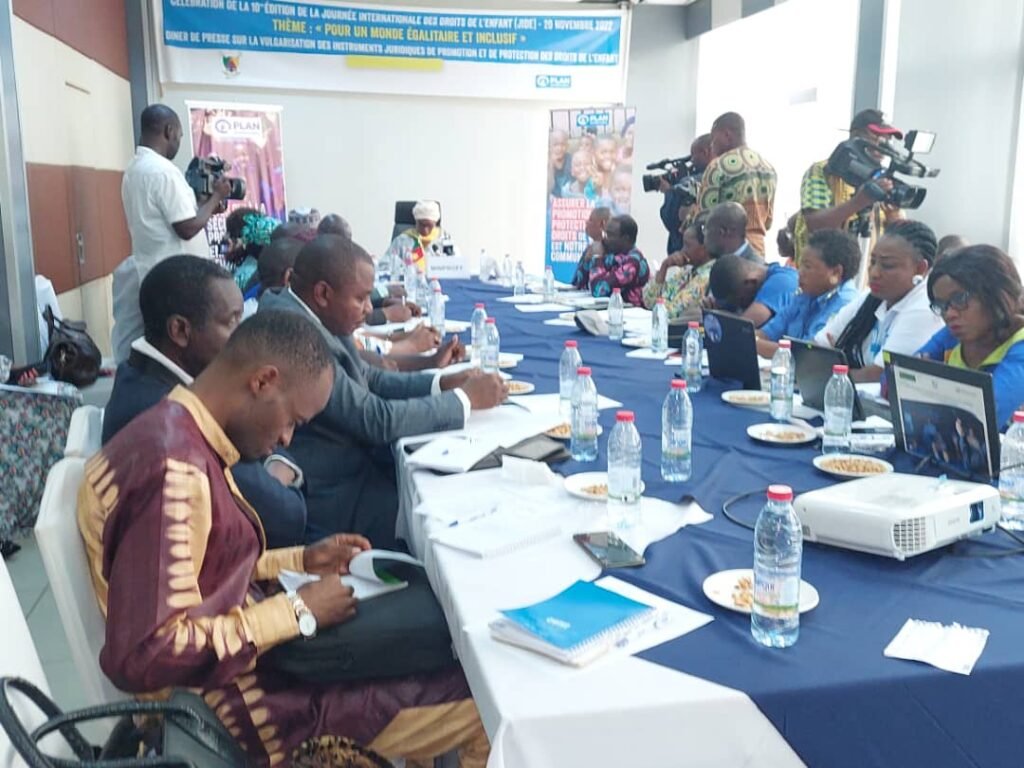
Mr. Johnson Bien-Aimé added that this ratification marks the will and commitment of authorities to create a conducive and favorable environment for the full development of each child. In addition, Cameroon signed on October 5, 2001, two of the Optional Protocols to the Convention on the Rights of the Child, CRC. In particular, the: Optional Protocol on the involvement of children in armed conflict, ratified on February 4, 2013; Optional Protocol, concerning the sale of children, child prostitution, and child pornography, ratified in 2019, in accordance with Law No. 2019/017 of December 24, 2019, authorizing the President of the Republic to ratify the said protocol.
In his speech, the Country Director of Plan International outlined that, children are often victims of bad treatment, negative social and cultural practices, sexual abuse, and all forms of exploitation.
Mr. Bien-Aimé said: “We want the media to act, protect, support, to relay and work together with Plan International for the wellbeing of the children, especially girls. It is time for the media, and journalists to give us a push at all levels. You have to help us to disseminate, and educate children and people in villages and communities wherever they could be in Cameroon.”
While officially presiding over the press lunch session, Minister of women’s empowerment and the family, Pr. Marie-Therese Abena Ondoa in her keynote address stated some rights which are fundamental to the well-being of children.
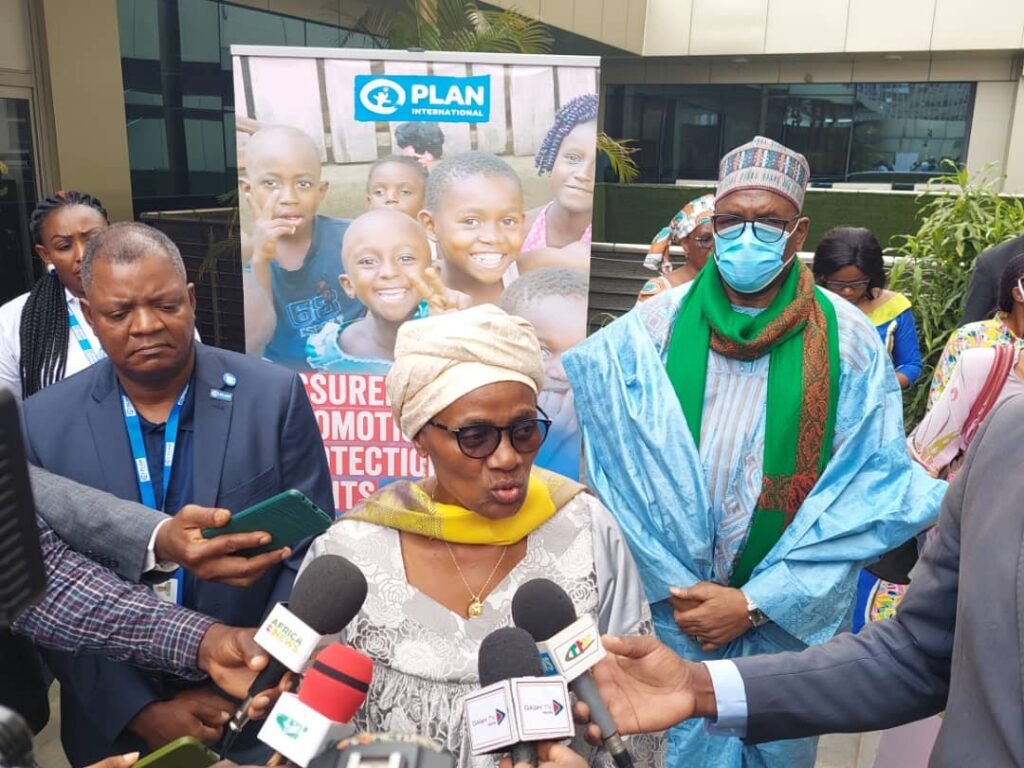
Minister Abena Ondoa said children have: the right to have a name, a nationality, an identity; the right to be cared for, to be protected from diseases; to have an adequate and balanced diet; the right to go to school; the right to be protected against all forms of discrimination; the right not to engage in or be subjected to war; the right to shelter, to be rescued and to have decent living conditions; the right to play and have leisure; the right to freedom of information, expression and participation; the right to have a family, to be cared for and loved; the right to protection from exploitative labour, just to name these few.
Taking stock of the numerous challenges which affect children’s rights, the Minister of women’s empowerment and the family said parents and communities have a crucial role to act for the best interests of children.
She seized the occasion to pin down issues such as non-registration of births which impede the country’s development and the 2030 SDGs; the recruitment of children in arm groups; children deny from schooling and those exploited at various levels.
She went further to point out significant figures brought out in a recent report published by UNICEF.
“265 million children around the world still do not have access to school and 250 million are directly affected by conflicts and wars, 168 million are engaged in work, half of whom are involved in dangerous work that is 85 million…” She said.
Madame Abena Ondoa equally said the current insecurity environment faced in some parts of the country is a threat to children’s rights.
“In Cameroon, the 10th edition of world children’s day is celebrated as it has been for several years, in a context marked by an environment of insecurity, following the atrocities of the Boko-Haram sect in the northern regions of the country and the socio-political crisis that is rocking the North-West and South-West regions.”
The United Nations Convention on the Rights of the Child (CRC) is an international agreement on childhood. Now the most ratified of all international treaties, this historic commitment to the world’s children has radically transformed young lives across the globe.
Elise Kenimbeni


